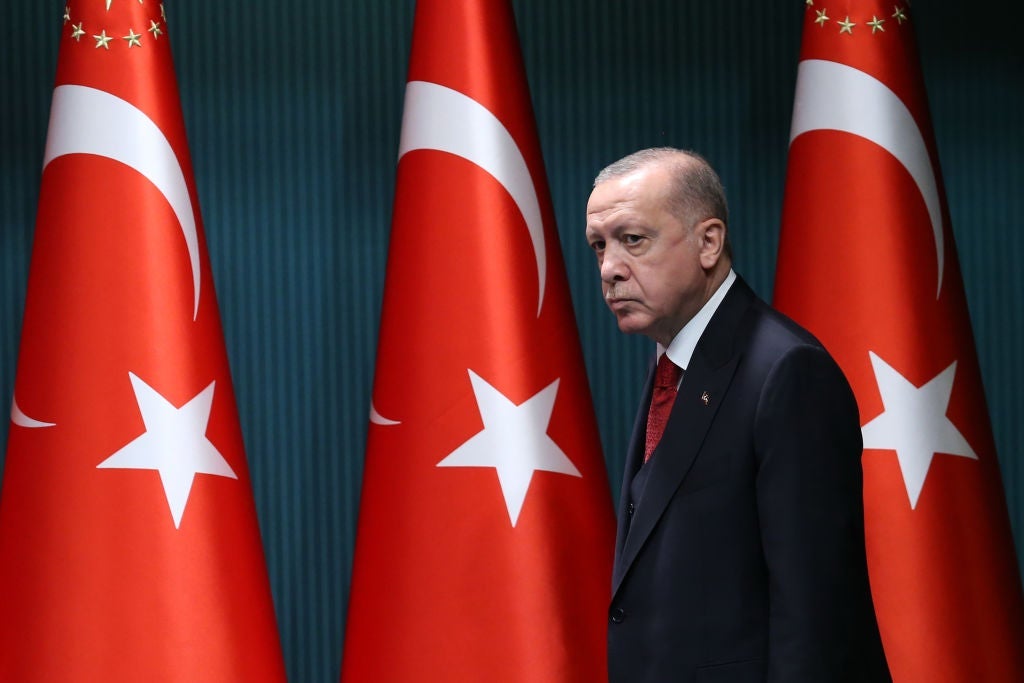

Its emerging market status, large population and strategically advantageous position within close reach of Europe, Asia, the Middle East and Africa have seen Turkey emerge as a foreign direct investment (FDI) hotspot over the past two decades.
However, in 2013 the country was named as one of Morgan Stanley’s ‘Fragile Five’ along with Brazil, India, Indonesia and South Africa – a list of emerging market economies that were too reliant on FDI to fund their growth strategies. Indeed, in the wake of the Covid-19 pandemic, Turkey is facing a chronic current account deficit, high inflation and a crashing currency – so what does this mean for its FDI market?

Access deeper industry intelligence
Experience unmatched clarity with a single platform that combines unique data, AI, and human expertise.
The UN Conference on Trade and Development’s 2020 World Investment Report showed that Turkey experienced a decline in FDI flows of 35% in 2019. That is a drop from $13bn in 2018 to $8.4bn in 2019. This decrease is attributed to uncertainty plaguing the global economy and weak economic growth.
Turkey’s FDI in 2020 is now having to contend with the impact of Covid-19. Figures from the Central Bank of the Republic of Turkey show that FDI flows increased to $261m in May 2020 before dropping slightly to $226m in June.
Turkey looks to shore up its FDI offering
Turkey has made some proactive moves to stimulate its FDI market, including introducing a record number of investment incentives, according to Invest in Turkey’s August 2020 newsletter. Minister of Industry and Technology Mustafa Varank announced that the country had set a new monthly record with 859 investment incentives introduced in June 2020.
Key sectors for investment in the country include finance, manufacturing and energy, and the biggest FDI source markets include the Netherlands, the US, the UK, Luxembourg and, in 2019 at least, Azerbaijan.

US Tariffs are shifting - will you react or anticipate?
Don’t let policy changes catch you off guard. Stay proactive with real-time data and expert analysis.
By GlobalDataThis is due to an investment from Azerbaijani energy company Socar that saw it inject $600m into the $6.3bn petrochemical plant, Petkim. Despite the oil price crash brought on by the Covid-19 pandemic, the Socar plant reported a $20m profit for the second quarter of 2020.
Not all of Turkey’s prospective projects have survived the pandemic, however. Pre-Covid-19, Volkswagen had announced its intention to build a factory in Manisa, near Izmir. The planned investment of $1.4bn was expected to produce 300,000 cars and create 5,000 jobs. Now, with the automotive sector in disarray, the investment has been cancelled, and the likelihood of a similar automotive deal coming to Turkey in the current environment seems remote.






